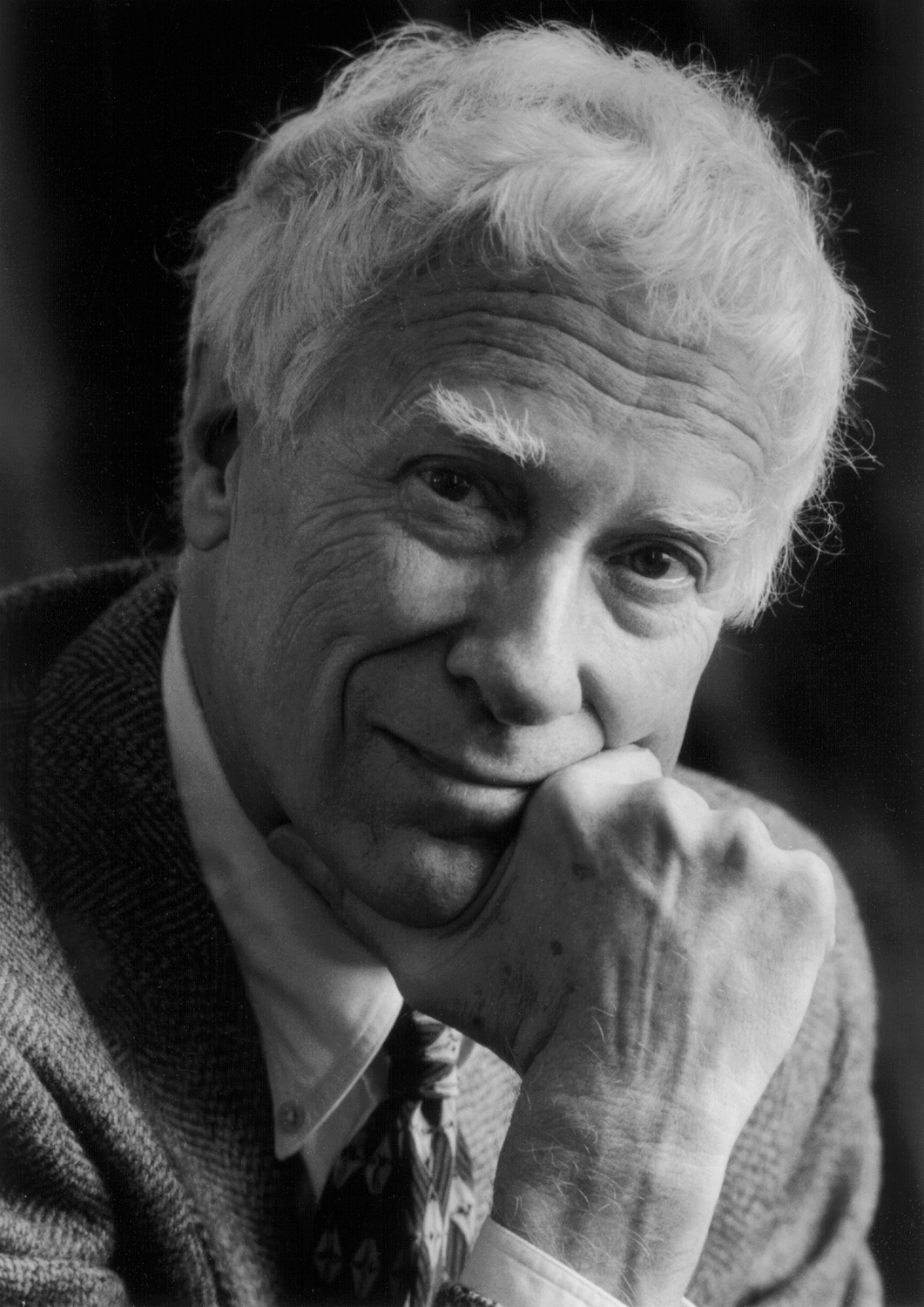 Melissa Olson salvages urban fantasy, one of the most over-saturated genres of pop fiction today, by reversing the usual boilerplates. Urban fantasy’s brand, based on an overlap between the modern world and a mythic supernatural otherworld, usually runs on the tension created when magic
bleeds into today’s ordinary world. But Olson asks: what happens when the banal infects fairyland?
Melissa Olson salvages urban fantasy, one of the most over-saturated genres of pop fiction today, by reversing the usual boilerplates. Urban fantasy’s brand, based on an overlap between the modern world and a mythic supernatural otherworld, usually runs on the tension created when magic
bleeds into today’s ordinary world. But Olson asks: what happens when the banal infects fairyland?Scarlett Bernard is the rarest form of supernatural being, a Null. In her presence, magic stops working. Witches’ spells sputter out, werewolves turn human, and vampires come back to life. That makes her valuable, because she can clean up supernatural crime scenes before the LAPD can stumble upon them. But it also makes her a valuable commodity, traded among the undead like a desirable stock swap.
And when an inexperienced LAPD detective discovers Scarlett, wrist-deep in a grisly murder with a supernatural odor, vamps and weres are happy to let her hang. Anything to keep human law from finding out about the Old World. Suddenly Scarlett, with her werewolf apprentice Eli and the bemused Detective Cruz, have less than forty-eight hours to find the real killers, before they face street justice, to keep the peace.
In some ways, Olson gives us a straightforward take on the urban fantasy genre. She has created a character mystery that just happens to involve magic—more Charlaine Harris than Jim Butcher. Scarlett has some of the more common UF character traits, including hidden psychic scars, romantic frustration, and a proclivity to snarky witticisms, in the best Dashiell Hammett style. (She includes one supporting character named Dashiell. Consider it an Easter Egg.)
But in other ways, Olson yanks the rug from under our feet. Veteran readers who have grown bored of repetitive boilerplates (not me, but maybe you) will enjoy how she reverses some of our expectations. While some of the supernatural elements intrude into the ordinary world, spreading unhappiness and misery abroad, much more comes when human feelings bleed over into the other world. Our pain, yours and mine, has power to change fairyland, Olson says.
 Relationships, not power, are the coin of Olson’s supernatural realm. Scarlett tries to take pride in her self-reliance, but learns quickly that she can’t. The human tendency to form ordinary bonds with one another proves her greatest advantage. And the complete lack of such routine empathy—not sunlight or silver—is the monsters’ greatest weakness. Olson spends a lot of time trading on the power of simple human understanding.
Relationships, not power, are the coin of Olson’s supernatural realm. Scarlett tries to take pride in her self-reliance, but learns quickly that she can’t. The human tendency to form ordinary bonds with one another proves her greatest advantage. And the complete lack of such routine empathy—not sunlight or silver—is the monsters’ greatest weakness. Olson spends a lot of time trading on the power of simple human understanding.At first, I didn’t understand what Olson meant by this. Despite a couple of muscular action scenes in the opening chapters, her book does get off to a slow start. This is only intensified by some talky discursions in which Scarlett pauses the narrative to explain the Old World to Detective Cruz. I admit, it took me some fortitude to push through the first fifty pages or so.
But once I did, the story really opened up. Olson never pauses to explicitly say the seeming banality of those early chapters is the very point; we sort of pick it up as a dawning realization. The stuff that seems most commonplace, like watching TV with friends or one night stands or just chatting over morning coffee, all this stuff is the ordinary magic that gives Scarlett the strength to combat monsters that have lost the ability to care.
I particularly appreciate Olson’s voice. Instead of treating this story with the wide-eyed gooey sentimentality of paperback fantasy, which is one of the main reasons I drifted away from this genre two years ago, she writes like a mystery. She treats werewolves and witches and vamps (oh my) with the same earnest yet playful respect she would show the Cosa Nostra or the Crips, while still maintaining their magical integrity.
And she handles the romantic subplot, downright mandatory in genre fiction today, in a way that doesn’t draw attention to itself. Too many authors feel the need to highlight this theme, with searchlights and a small orchestra, as though we would miss it. For Olson, though, romance is just part of being human, a part Scarlett initially tries to squelch, though by the end her two competing beaus become her biggest asset.
In all, Olson has taken a fiction genre that has become primarily circular and monotonous, and made it her own. Though she respects the conventions, and gives paperback readers what they’ve come to expect, she isn’t content to merely do what others have done before. And that makes her debut exciting.






 Notice, also, the aggressively enjambed line breaks. June Jordan, back in the day, encouraged her students to use line breaks as a form of punctuation. My poetry professors discouraged this, calling it cheap. Gregerson does neither, using line breaks instead to create a tone. By breaking sentences mid-clause and drawing attention to punchy one-syllable verbs, Gregerson makes common language less familiar, forcing us to look harder at content which seems ordinary.
Notice, also, the aggressively enjambed line breaks. June Jordan, back in the day, encouraged her students to use line breaks as a form of punctuation. My poetry professors discouraged this, calling it cheap. Gregerson does neither, using line breaks instead to create a tone. By breaking sentences mid-clause and drawing attention to punchy one-syllable verbs, Gregerson makes common language less familiar, forcing us to look harder at content which seems ordinary.




 Wolterstorff reconciles the problem by reframing Romans 13. He believes most interpretations, since at least the Renaissance, have treated as central what he demonstrates to be a subsidiary argument. Wolterstorff believes Romans 13 actually specifies the state’s domain, and in so doing, circumscribes its authority. When the state exceeds its authority, as in enforcing racist laws, it has abandoned Romans 13, and Christians are right to resist such false power.
Wolterstorff reconciles the problem by reframing Romans 13. He believes most interpretations, since at least the Renaissance, have treated as central what he demonstrates to be a subsidiary argument. Wolterstorff believes Romans 13 actually specifies the state’s domain, and in so doing, circumscribes its authority. When the state exceeds its authority, as in enforcing racist laws, it has abandoned Romans 13, and Christians are right to resist such false power.




 As Mitt Romney’s Presidential campaign fails to generate heat, or win converts to Republican principles, many American conservatives wonder whether they have a home in today’s political landscape. The Republicans have become dominated by doctrinaire drum-beaters who apparently abhor discussion, or even viewing issues from multiple angles. Polls indicate undecided voters find the calcified Republican party at least
distasteful.
As Mitt Romney’s Presidential campaign fails to generate heat, or win converts to Republican principles, many American conservatives wonder whether they have a home in today’s political landscape. The Republicans have become dominated by doctrinaire drum-beaters who apparently abhor discussion, or even viewing issues from multiple angles. Polls indicate undecided voters find the calcified Republican party at least
distasteful.


